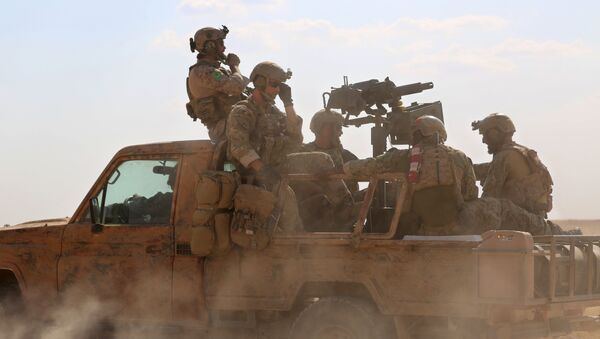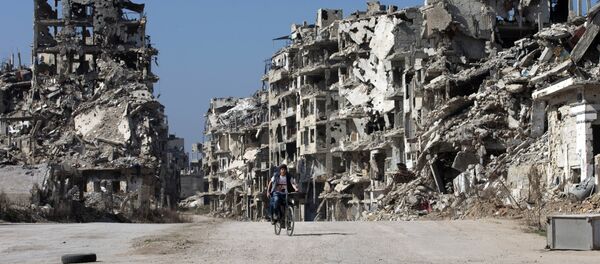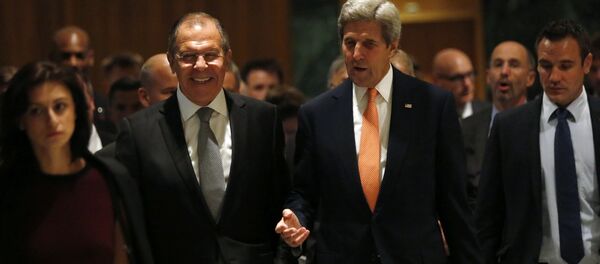The agreement paves the way for a ceasefire that is expected to come into force on September 12.
"Moscow has more opportunities than Washington to ensure compliance with the agreement. If US-backed rebels or other opponents of President Bashar al-Assad do not respect the ceasefire, Russia will be able to launch airstrikes against them or let Assad's forces do that," the newspaper asserted.
For its part, Washington is ostensibly limited in its ability to make sure that so-called moderate armed groups adhere to the agreement. If Damascus violates the ceasefire, the US will refrain from direct military action against the Syrian Arab Army, Handelsblatt added.
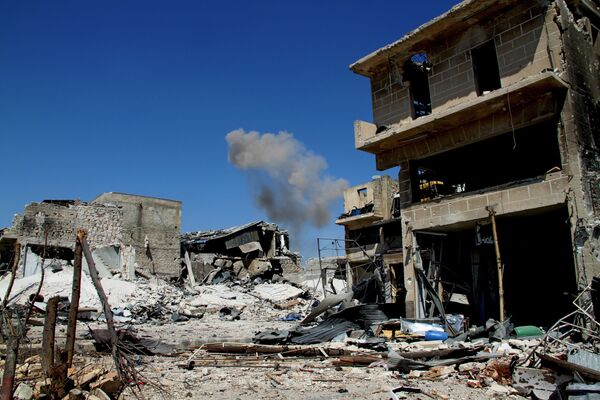
During a joint press briefing on September 9, both Russian Foreign Minister Sergei Lavrov and US Secretary of State John Kerry said that implementing the deal will be a challenge due to the sheer number of stakeholders involved. The Syrian war is waged by various states and non-state entities with conflicting agendas. As a result, it will not take much to derail the upcoming secession of hostilities.
This is why Lavrov and Kerry urged all the parties to seize this opportunity to reduce violence in Syria. Russia's top diplomat said that Damascus was on board with the plan; his American counterpart announced that rebel groups were also ready to adhere to the plan.
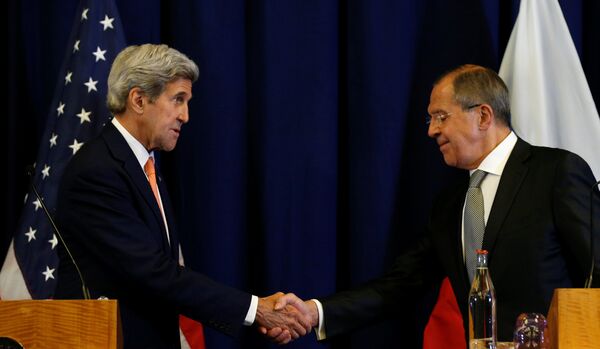
The second stage involves both sides establishing a Joint Implementation Center and working on preparing joint military operations against al-Nusra Front and Daesh.
"If peace is restored in Syria and Assad remains in power, it will be Moscow's success," Handelsblatt said. Washington will have to "swallow this pill" since Assad's removal is not the biggest challenge in the Middle East that the US has to tackle. The key priority for the White House, according to the newspaper, is degrading and destroying Daesh.

